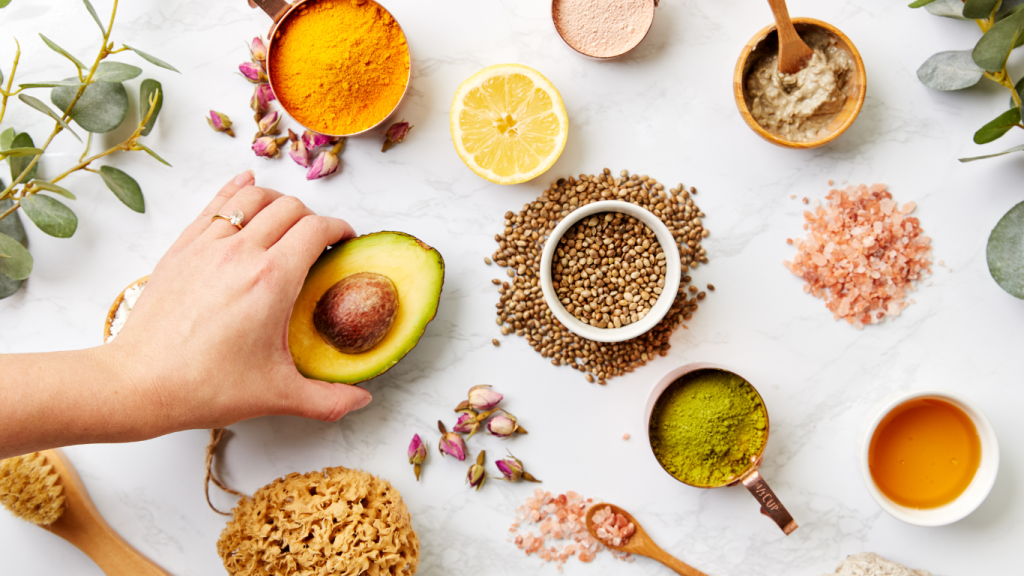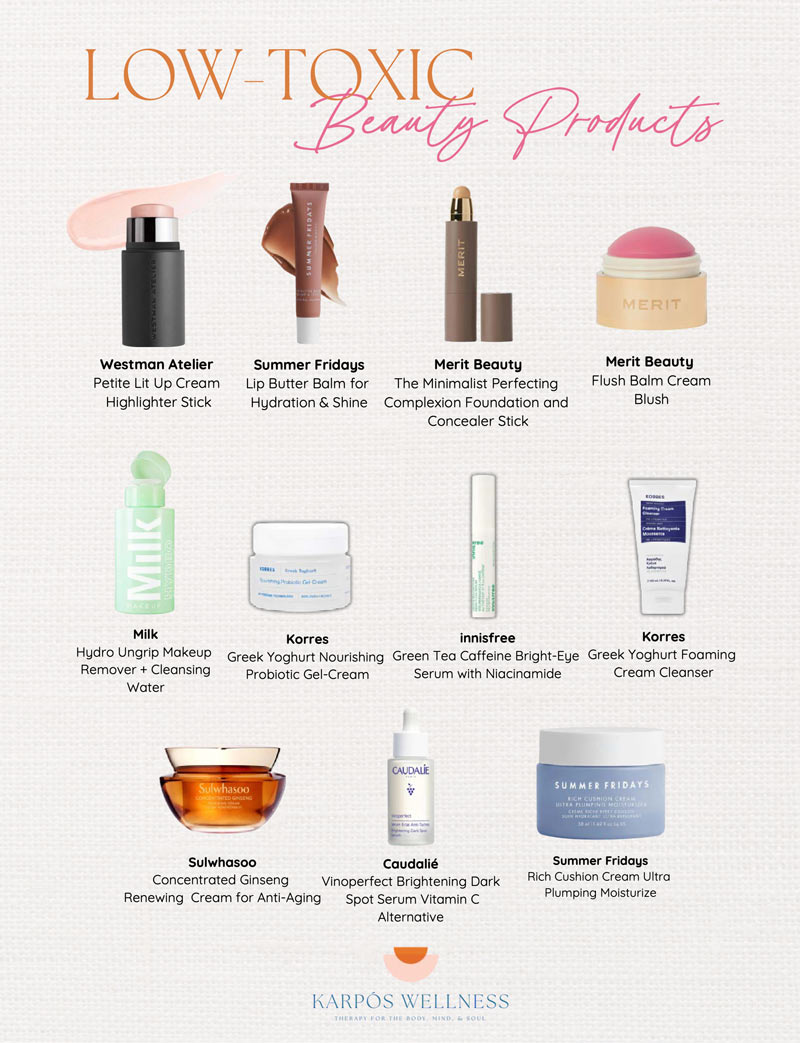It’s frustrating to feel like you’re eating all the right things and still not seeing the results of that. If you’re experiencing an inability to lose weight, a lack of sleep, skin irritations, allergic reactions, headaches, etc . . . and feel like you’re eating the best you possibly can and cannot climb out of this funk, it’s easy to assume food is an automatic enemy.
But you love food. So you try to make amends. Thus ensues a cyclical pattern of a potentially unhealthy relationship with food. Which could quite possibly be one of the most frustrating aspects of trying to eat healthy and getting nowhere.
Let’s talk about how we got here. Was it always like this? Did our ancestors have this much trouble with food? I would be willing to bet they struggled, but not like us. Their struggles were finding animals to hunt, fish to catch, and migrating to hot and cold climates, depending on where foods were growing in any given season.
5 Key Milestones that have influenced Food Production
- 2,000-14,000 years ago | Agricultural Revolution: After years of being hunter/gatherers for all of their lives, the agricultural revolution took place. As populations began to grow, people started to become more efficient. There were agricultural and technological advances that were still in their baby stages of development, but created space for more production and efficiency when preparing food.
- 1600s | Introduction of refined sugar: People learned how to take cane sugar and boil it down to remove the vitamins and minerals to produce a sweet crystalized substance. It was rare and expensive so it didn’t cause a huge problem back then, but it has led to greater problems that we see today.
- The Early 1800s | Industrial Revolution: When huge factories and centralization of production came on the scene, it made it easier to mass-produce, which decreased nutrient value. They had to find ways to increase the lifespan of food items––these processes stripped the nutrients from the foods, but they were still able to market them as the same “real food” they were in their previous states. This was largely driven by a desire to increase productivity and find economic gain.
- WWII: The war created an even more pressing desire for food preservation, which led to a greater decrease in nutrient value of the foods they were preserving.
- Fast Food: People used their new knowledge of preservation to capitalize on convenience and economics.
Where does that leave us now?
Foods that have:
- Contaminations
- Meats with steroids + antibiotics
- Milk filled with hormones
- Manmade foods have toxins, artificial sweeteners, artificial additives, MSG, etc . . .
These steroids, antibodies, synthetic hormones, and artificial additives all strip away the value of the real food underneath and cause problems. We were never intended to consume food-like substances, our bodies were created to break down real food. Most people don’t even realize this is where we are because food-like substances are all they’ve ever known.
I understand how frustrating it can be to feel like you’re eating all the right foods and getting nowhere. There is a very real aspect of this that could require the help of a practitioner, or experimenting with short-term elimination diets to pinpoint the culprit, but in a lot of cases, small and/or chronic ailments can be reduced and eliminated by ridding the body of anything that isn’t real.
Here are a few tips on how to get started:
- Buy organic when you can. If you have to choose, start with produce that comes directly out of the ground with no covering (carrots, potatoes,
- Buy the freshest fruits and veggies rather than the pre-cut, pre-packaged, and pre-frozen ones. Those have all been contaminated with things that help them last longer and not turn colors.
- Pay attention to your meat and eggs. What they eat, you’re eating. If cows and chickens are getting fed soy and/or synthetic hormones to produce more milk, meat, and eggs, then you’re also consuming said soy and/or synthetic hormones.
- Eliminate refined sugars. Stick to real sugars in very small quantities: honey, maple syrup, raw cane sugar, fruits, etc . .
- Stay away from the center of the grocery.
- If your food has a mom or comes out of the ground, it’s probably okay to consume in it’s purest form.









